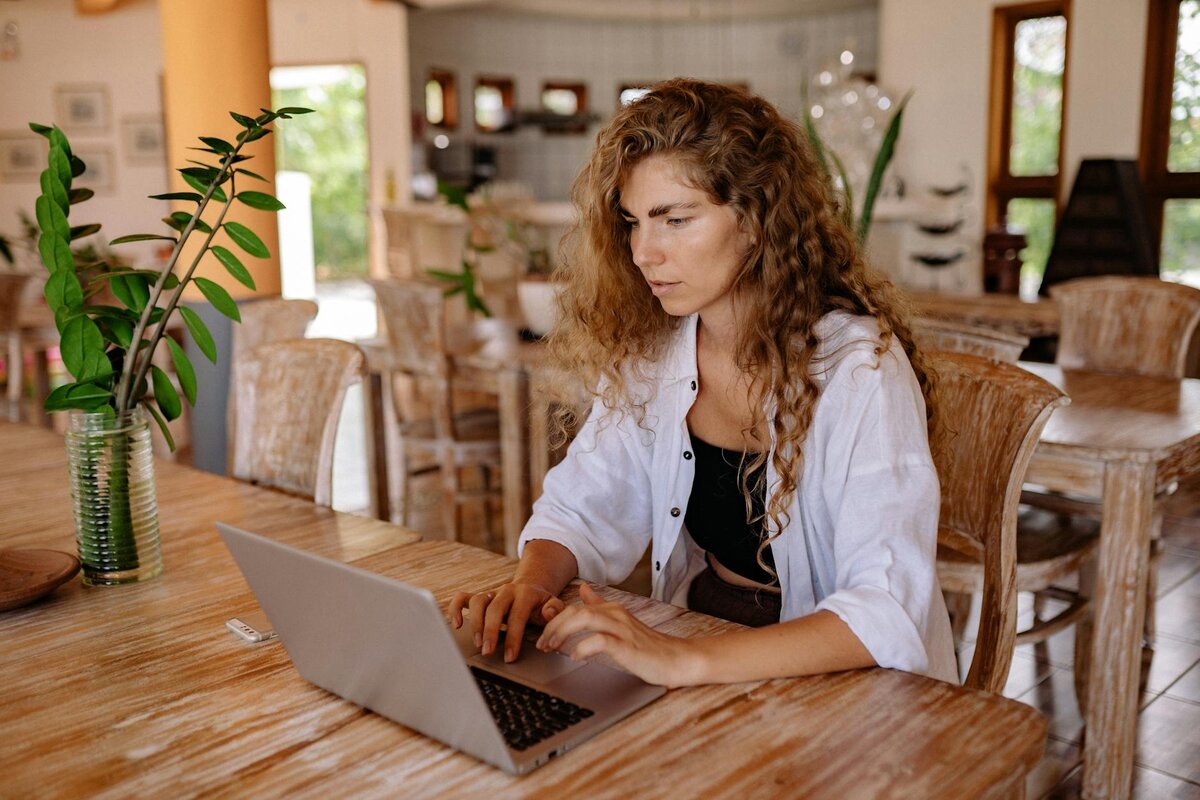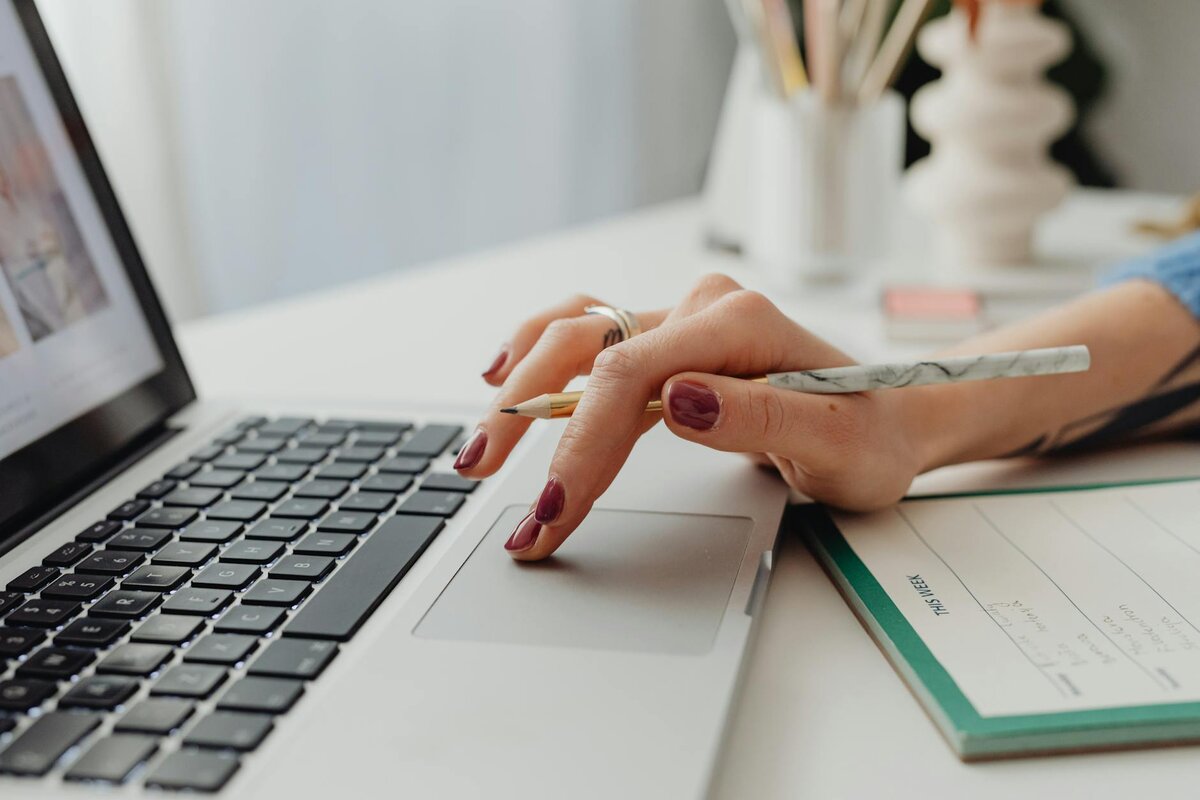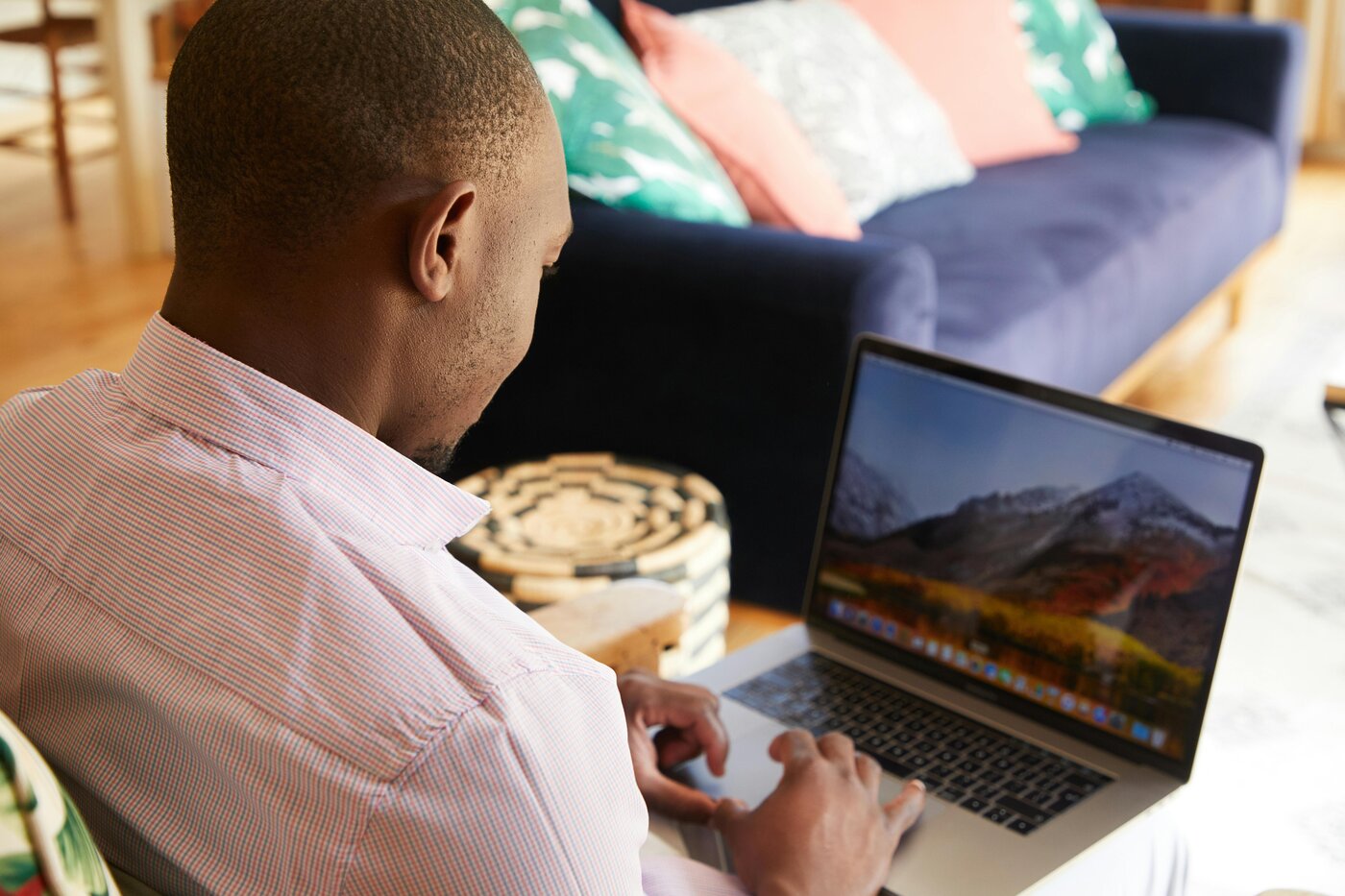Let's Dive In!
Running your own business is rewarding but comes with plenty of paperwork and financial responsibilities. As a sole trader, you’re probably busy focusing on serving clients and growing your business rather than tax planning, including identifying every allowable expense.
Many self-employed people miss out on legitimate deductions that could save them hundreds or even thousands of pounds each year. Understanding your entitlements is crucial for financial success. Accurately tracking each business cost, such as travel, telephone usage, and home office expenses, is essential to optimise your tax returns.
Let’s explore what tax relief you can claim as a sole trader to keep more of your hard-earned money in your pocket.
What Does "Tax Relief for Sole Traders" Actually Mean?
Tax relief for sole traders simply means the expenses and allowances HMRC lets you deduct from your income before calculating your tax bill. As a sole trader, you pay income tax on your profits, not your total income, your profits being what you earn minus your allowable business expenses.
Additionally, certain long-lasting items like office equipment and vehicles qualify for capital allowances, allowing you to offset these costs against your taxable profits.
These deductions aren’t tax loopholes or anything questionable, they’re perfectly legitimate ways the government allows you to reduce your tax bill. Think of it this way: you should only pay tax on what you actually earn after covering the costs of running your business.
Without these reliefs, you’d be paying taxes on money that you’ve already spent just to keep your business going!

Understanding Allowable Business Expenses
As a self-employed sole trader, it’s essential to understand what constitutes an allowable business expense. Allowable business expenses are costs incurred wholly and exclusively for business purposes, which can be deducted from your taxable profit to reduce your income tax bill. These expenses can include a wide range of costs, such as business premises, equipment, travel, and professional fees.
To qualify as an allowable business expense, the cost must meet the following criteria:
- It must be incurred wholly and exclusively for business purposes.
- It must be a revenue expense, rather than a capital expense.
- It must be reasonable and not excessive.
Examples of allowable business expenses include:
- Rent and utilities for business premises
- Equipment and machinery used for business purposes
- Travel costs, such as fuel, parking, and accommodation
- Professional fees, such as accountant and solicitor fees
- Insurance premiums, such as professional indemnity insurance
It’s essential to keep accurate records of your business expenses, including receipts and invoices, to support your claims for tax relief. Proper documentation ensures that you can substantiate your claims if HMRC ever questions them, helping you avoid potential issues and penalties.
Are There Special Reliefs for Specific Industries?
Absolutely! Construction workers under the Construction Industry Scheme have specific tax relief options. Creative professionals can claim for industry-specific tools, materials, and sometimes special tax reliefs for film, animation, or video games.
Tradespeople can claim for tools, protective clothing, and cleaning of work uniforms. Healthcare professionals can deduct professional indemnity insurance, medical equipment, and certain training costs.
IT contractors might claim for software licenses, technical books, and professional certifications. Whatever your industry, there are likely specific expenses related to your field that qualify for tax relief. Understanding self employed business expenses specific to your industry can help you maximise your tax reliefs.
How Do I Actually Claim These Tax Reliefs and Business Expenses?
You’ll claim expenses and these reliefs when filing your Self Assessment tax return, specifically in the self-employment section. Keep all receipts and records of expenses for at least five years in case HMRC asks for evidence. Accurate record-keeping is essential when claiming business expenses to ensure you are compliant with HMRC regulations.
The deadline for claiming is the same as your tax return deadline, usually 31 January following the tax year-end. Using accounting software can make tracking expenses much easier throughout the year.
For more complex situations, getting advice from a tax professional could save you more than their fee. I once overlooked claiming for my professional memberships until an accountant pointed it out, saving me nearly £200 that year alone...

What About Pension Contributions and Other Personal Reliefs?
As a sole trader, paying into a personal pension is one of the most tax-efficient things you can do. You'll get tax relief at your highest rate of income tax on pension contributions up to your annual allowance.
If you make charitable donations through Gift Aid, you can claim additional tax relief on these if you're a higher-rate taxpayer. Don't forget about your Personal Allowance, the first £12,570 (for 2023/24) of your income is tax-free.
Marriage Allowance might be relevant if your spouse or civil partner earns less than the Personal Allowance. These personal reliefs are claimed differently from business expenses but are just as important for reducing your overall tax bill.
Capital Allowances
Capital allowances are a type of tax relief that can be claimed on certain business assets, such as equipment and machinery. Capital allowances can help reduce your taxable profit and income tax bill.
To claim capital allowances, you’ll need to:
- Purchase a qualifying business asset, such as equipment or machinery.
- Keep accurate records of the asset’s cost and depreciation.
- Claim capital allowances on your self-assessment tax return.
Capital allowances can be claimed on a wide range of business assets, including:
- Equipment and machinery
- Vehicles
- Property
- Intellectual property
You can claim capital allowances using the following steps:
- Complete the ‘Capital allowances’ section of your self-assessment tax return.
- Enter the total amount of your capital allowances for the tax year.
- Claim tax relief on your capital allowances by deducting them from your taxable profit.
By claiming capital allowances, you can significantly reduce your taxable profit, thereby lowering your income tax bill. Ensure you keep detailed records of your business assets and their depreciation to support your claims.

How Can I Make Tax Relief Claims Easier?
Start by setting up a simple system for tracking expenses from day one of your business. Take photos of receipts with your phone and store them digitally to avoid losing paper copies. Understanding what expenses can I claim is crucial for maximising tax efficiency and minimising taxable income.
Review your expenses monthly rather than scrambling at tax return time. Consider using Pie, the UK’s first personal tax app designed specifically for working individuals, offering integrated bookkeeping and real-time tax figures.
Set calendar reminders for important tax dates to avoid last-minute stress. When in doubt about a claim, seek advice rather than guessing, a small investment in guidance can prevent costly mistakes.
Understanding Bank Charges and Credit Card Fees
When it comes to bank charges and credit card fees, you can claim business costs for accounts or cards in the name of your business as part of the expenses you can claim. This includes bank charges for business accounts, credit card fees for business transactions, interest on business loans and overdrafts, and charges for business-related financial services.
To claim these expenses, you need to keep accurate records of your financial transactions. This means holding onto receipts, bank statements, and any other documentation that supports your claim. When you file your annual Self Assessment tax return, you can include these costs as allowable expenses, which will be deducted from your taxable profit.
For example, if you have a business bank account with monthly fees, or if you use a credit card for purchasing business supplies, these costs can be claimed. Just make sure that these accounts and cards are used solely for business purposes to avoid any complications with HMRC.

Marketing and Subscriptions: Allowable Business Expenses
Marketing is essential for growing your business, and the good news is that many marketing-related expenses are tax-deductible.
As a sole trader, you can claim tax relief on various marketing and subscription costs, helping you to invest more in promoting your business without worrying about a hefty tax bill.
Conclusion
Understanding what tax relief you can claim as a sole trader isn't just about saving money, it's about being fairly taxed on your actual profits. The tax system recognises that you need to spend money to make money, and these reliefs reflect that reality.
Being organised with your record-keeping is half the battle when it comes to claiming tax relief. As your business grows, your potential tax reliefs might change, so it's worth reviewing them regularly.
If you find tax management overwhelming, try Pie.tax for a straightforward solution that makes managing your taxes simpler and ensures you don't miss out on the reliefs you're entitled to.




